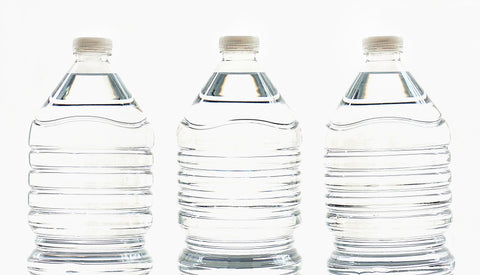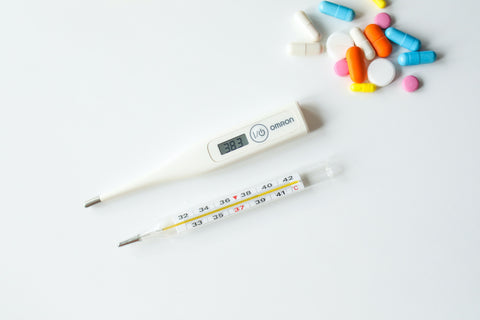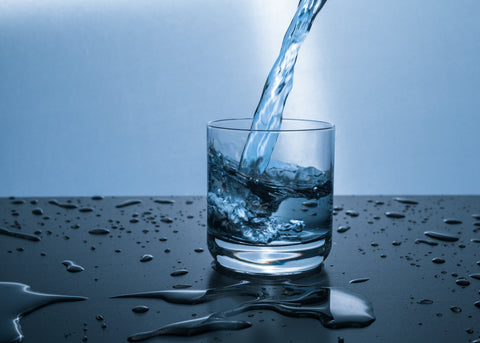Every cell in the body needs water to function correctly. However, drinking too much can lead to water intoxication and serious health consequences.
It is difficult to drink too much water by accident, but it can happen, usually as a result of overhydration during sporting events or intense training.
The symptoms of water intoxication are general — they can include confusion, disorientation, nausea, and vomiting.
In rare cases, water intoxication can cause swelling in the brain and become fatal.
This article describes the symptoms, causes, and effects of water intoxication. It also looks into how much water a person should drink each day.
Also known as water poisoning, water intoxication is a disruption of brain function caused by drinking too much water.
Doing so increases the amount of water in the blood. This can dilute the electrolytes, especially sodium, in the blood.
If sodium levels fall below 135 millimoles per litre (mmol/l), doctors refer to the issue as hyponatremia.
Sodium helps maintain the balance of fluids inside and outside of cells. When sodium levels drop due to excessive water consumption, fluids travel from the outside to the inside of cells, causing them to swell.
When this happens to brain cells, it can be dangerous and even life threatening.
Bottom line: Water intoxication results from drinking too much water. The excess water dilutes sodium in the blood and causes fluids to move inside cells, causing them to swell.
Dangers of drinking too much water
When a person consumes an excessive amount of water and cells in their brain start to swell, the pressure inside their skull increases. This causes the first symptoms of water intoxication, which include:
- headaches
- nausea
- vomiting
Severe cases of water intoxication can produce more serious symptoms, such as:
- drowsiness
- muscle weakness or cramping
- increased blood pressure
- double vision
- confusion
- inability to identify sensory information
- difficulty breathing
Water intoxication is rare, and it is very difficult to consume too much water by accident. However, it can happen — there have been numerous medical reports of death due to excessive water intake.
Water intoxication most commonly affects people participating in sporting events or endurance training, or people who have various mental health conditions.
How much is too much?
Overhydration and water intoxication happen when a person drinks more water than their kidneys can get rid of via urine.
The amount of water is not the only factor — time also plays a role.
According to figures quoted in a 2013 study, the kidneys can eliminate about 20–28 litres of water a day, but they can remove no more than 0.8 to 1.0 litres every hour.
To avoid hyponatremia, it is important not to outpace the kidneys by drinking more water than they can eliminate.
Instead, you can hydrate smarter by drinking hydrating drinks with electrolytes which retains water in the body for long enough to the kidney to balance the output time. Nudge Hydration Enhancer electrolyte supplements come in 3 delicious flavours and work towards a healthier hydration for your body.




Comments (0)
There are no comments for this article. Be the first one to leave a message!